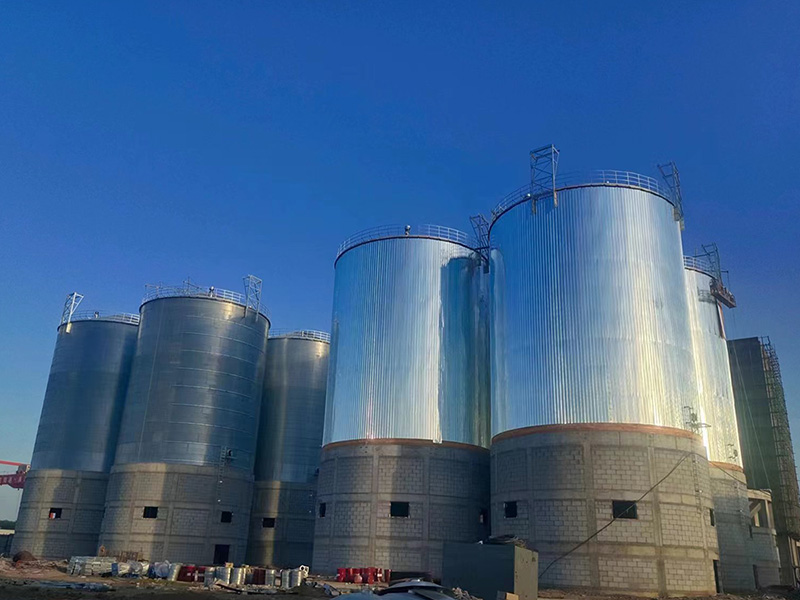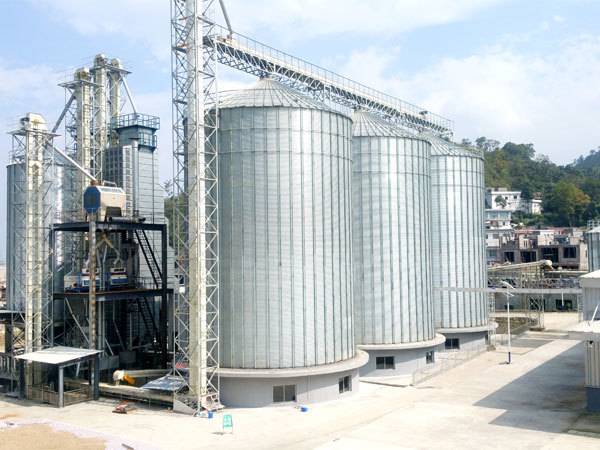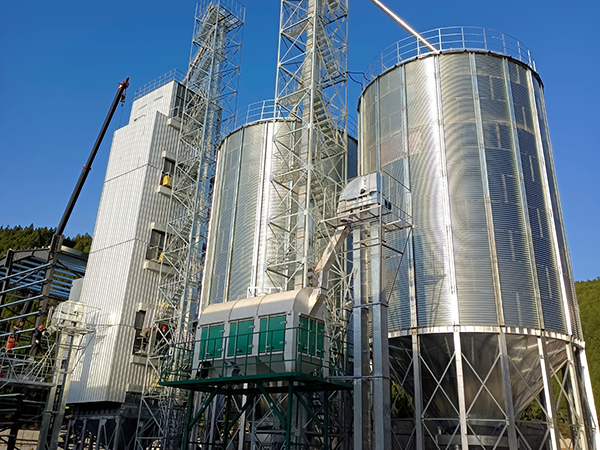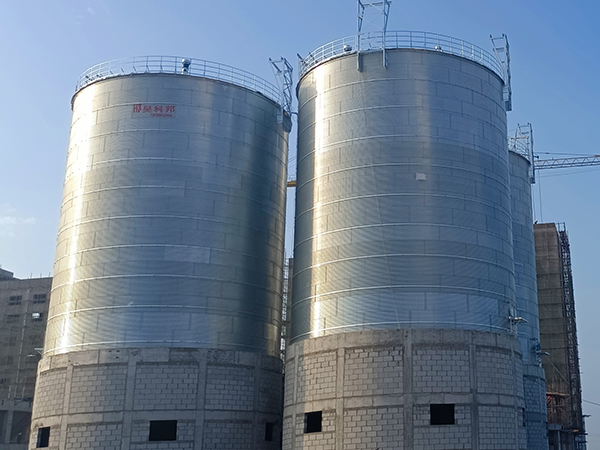Large Silo Franchising: Opportunities and Challenges
With the development of agriculture and industry, large silo have become essential storage and management tools. Many businesses and individuals are now considering large silo franchising to capitalize on this rapidly growing market.
- Main Advantages of Wheat Silo in Uganda
- Main Functions of Wheat Silo in Uganda
- Corn mill factory in Mali
- Maintenance Methods for Wheat Silo in Uganda
- Maintenance Methods for a Rice Silo in Uganda
- Wheat mill supplier in Malawi
- Installation Process of a Rice Silo in Uganda
- Structural Composition of a Rice Silo in Uganda
- Flour mill sale in Rwanda
- Main Advantages of Rice Silo in Uganda
- Primary Functions of Rice Silo in Uganda
- Grinding mill cost in Libya
introduction
With the development of agriculture and industry, large silo have become essential storage and management tools. Many businesses and individuals are now considering large silo franchising to capitalize on this rapidly growing market. This article will explore the opportunities and challenges of large silo franchising, providing reference and guidance for potential franchisees.

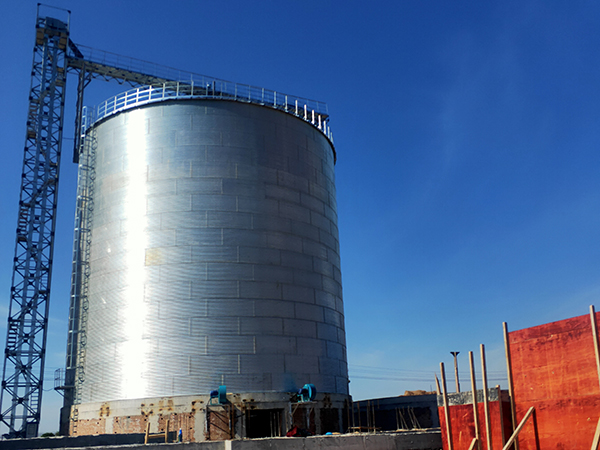
Market Prospects for Large Silo Franchising
Growing Industry Demand
The rapid development of modern agriculture and industry has driven the demand for large silos. In agriculture, the massive production of grains and feed requires efficient storage solutions. In industry, the storage of bulk materials like cement and chemicals also relies on large silos. Therefore, the market for large silo franchising has broad prospects and a continuously growing demand.
Policy Support
Governments worldwide are increasingly focusing on the development of agriculture and industry, introducing various encouraging measures and favorable policies to promote the construction and use of large silos. For those interested in joining the large silo industry, policy support provides a favorable environment and opportunities for development.
Advantages of Franchising Large Silos
Brand Effect
Franchising a well-known large silo brand allows you to leverage the brand’s influence and market reputation to quickly enter the market and enhance competitiveness. Reputable brands usually have comprehensive technical support and after-sales service, enabling franchisees to achieve rapid business growth by relying on the brand’s advantages.
Technical Support
Manufacturing large silos involves complex technology and processes. By franchising a well-known brand, you can receive advanced technical support and training. The brand’s headquarters typically offer comprehensive technical guidance to help franchisees improve production efficiency and product quality.
Resource Sharing
Franchising a large silo brand allows you to share the brand headquarters’ resources, including market promotion, customer resources, and supply chain management. Sharing these resources can significantly reduce operational costs and improve management efficiency.
Challenges of Large Silo Franchising
High Initial Investment
Large silo franchising requires a high initial investment, including equipment procurement, site construction, and personnel training. Franchisees need substantial financial strength to successfully start their business.
Intense Market Competition
As the demand for large silos grows, market competition becomes increasingly fierce. Franchisees must continually improve their services and product quality to compete effectively and earn customer trust.
High Technical Requirements
Manufacturing and installing large silos involve complex technologies and processes. Franchisees need a high level of technical expertise and management skills. They must also continually learn and adopt the latest technologies and techniques to maintain competitiveness.
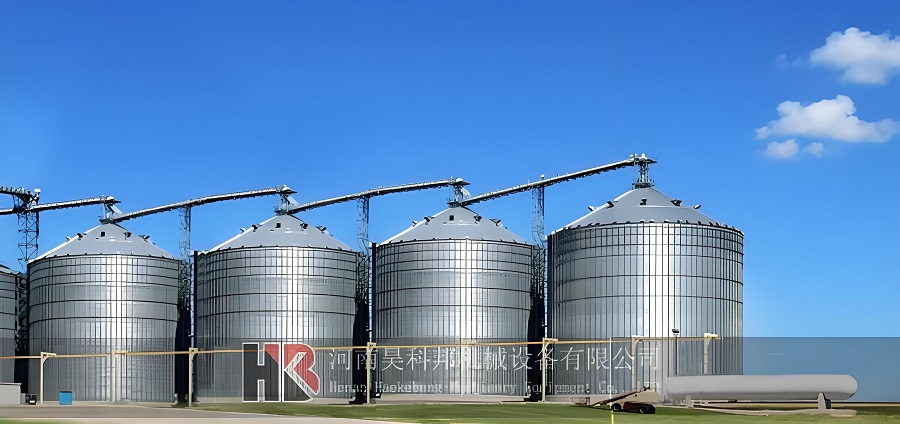
Key Steps for Franchising Large Silos
Market Research
Conducting detailed market research is essential before deciding to franchise. Understand local market demand, competition, customer preferences, and other information to evaluate market potential and risks, providing a basis for formulating franchising strategies.
Choosing a Brand
Selecting a reputable and capable brand is crucial for success. Evaluate potential brands by reviewing their history, market performance, and customer feedback to choose the right one for franchising.
Signing the Contract
After selecting the brand, sign a franchising contract with the brand headquarters. The contract should clearly define the rights and obligations of both parties, including technical support, training services, and market promotion, ensuring smooth cooperation.
Equipment Procurement and Installation
Procure and install appropriate equipment according to the brand headquarters’ requirements. The selection and installation quality of the equipment directly affect the performance and lifespan of the large silos, requiring careful attention.
Personnel Training
Brand headquarters typically provide comprehensive personnel training, including technical and management training. Training improves employees’ technical skills and management abilities, laying a foundation for future operations.
Conclusion
Large silo franchising, supported by market prospects and policy incentives, offers numerous opportunities. However, franchisees must also face challenges such as high initial investment, intense market competition, and high technical requirements. By conducting thorough market research, choosing the right brand, signing clear contracts, procuring and installing equipment, and enhancing personnel training, franchisees can find their place in this rapidly developing industry and achieve steady business growth. In the future, with continuous technological advancements and market expansion, large silo franchising will have even more expansive development opportunities.

